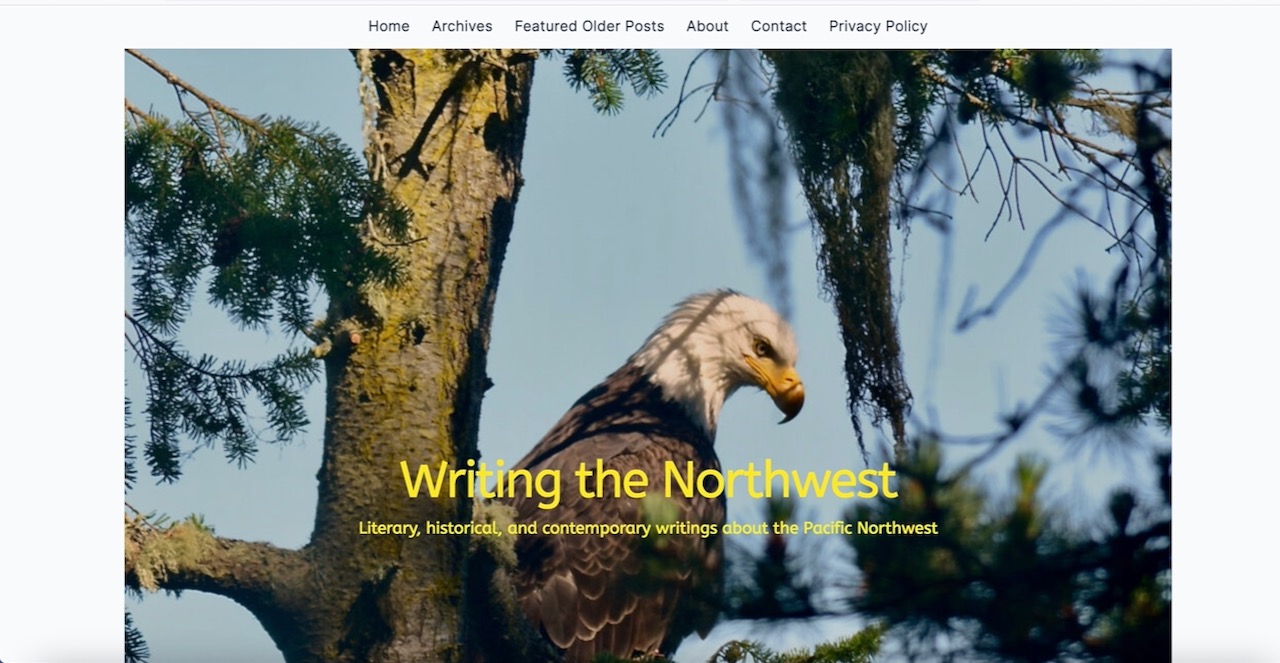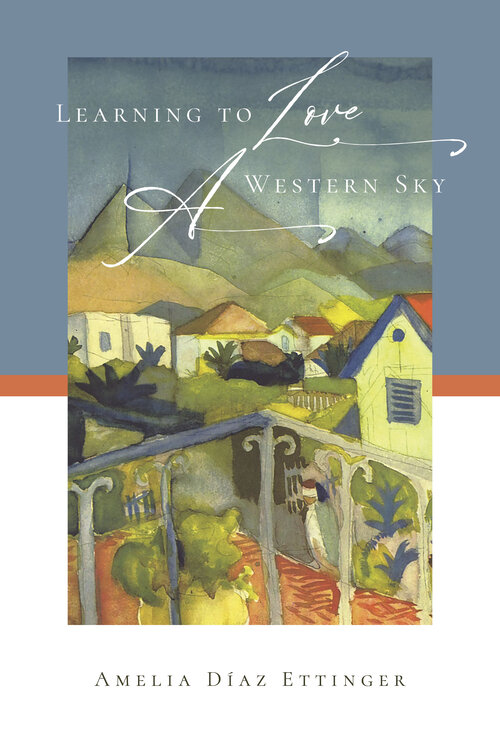Writing the Northwest
Archives
-
Join Us September 12 For the Next Author in the Cascadia Writers-in-Conversation Series: Debra Magpie Earling
Read more: Join Us September 12 For the Next Author in the Cascadia Writers-in-Conversation Series: Debra Magpie EarlingMontana novelist and Bitterroot Salish Tribe Member Debra Magpie Earling will be the next featured writer in the Cascadia Writers-in-Conversation Series. The author of Perma Red and The Lost Journals of Sacajewea, Earling will appear in conversation with series host Michael N. McGregor at 6 p.m. on Thursday, September 12.
·
-
Seattle Times Runs Article on the New Cascadia Writers-in-Conversation Series
Read more: Seattle Times Runs Article on the New Cascadia Writers-in-Conversation SeriesThe Seattle Times ran an article online this morning about the new Writers-in-Conversation series I’ll be hosting at the Cascadia Art Museum in Edmonds…
·
-
Three Questions and a Quote: Novelist Sharma Shields
Read more: Three Questions and a Quote: Novelist Sharma ShieldsSharma Shields flashed onto the Northwest literary scene in 2012 with Favorite Monster, an award-winning collection of sharp, funny, and sometimes poignant tales about monsters of all kinds. Three years later, her debut novel, The Sasquatch Hunter’s Almanac, established her as a writer to watch. Although a Sasquatch named Mr.…
·
-
Coming August 8!
Read more: Coming August 8!The Inaugural Cascadia Writers-in-Conversation Evening, featuring Spokane novelist and short story writer Sharma Shields, author of The Sasquatch Hunter’s Almanac.
·
-
Debuting a New Design
Read more: Debuting a New DesignDebuting a New Design! After several days of learning, attempting, and making mistakes, I’m finally ready to debut the Writing the Northwest site’s new design. I hope you like it! Some of its key features are: + The three latest posts are available on the home page; + You can…
·
-
A View from the Edge–Portland Author Mark Pomeroy’s New Novel: THE TIGERS OF LENTS
Read more: A View from the Edge–Portland Author Mark Pomeroy’s New Novel: THE TIGERS OF LENTSFew authors render the lives of emotionally vulnerable people with such skill and compassion.
·
-
Airlie Press Presents a Mosaic of Pacific Northwest Perspectives in Poetry
Read more: Airlie Press Presents a Mosaic of Pacific Northwest Perspectives in PoetryAirlie offers a rich mosaic of the Northwest’s land and people.
·
-
Was Tacoma an Inspiration for Dashiell Hammett’s Noir World?
Read more: Was Tacoma an Inspiration for Dashiell Hammett’s Noir World?Within a year of leaving Tacoma, Hammett had published the first of the noir stories.
·
One response to “Preview Review: Kim Fu’s “The Valley of Vengeful Ghosts”-Coming This March”
-
Wonderful discussion of this intriguing novel!








Leave a Reply